Some decades ago, most doctors practiced medicine without much knowledge or innovation. Today, the situation is different.
We have too much new information in medicine today. Nevertheless, technology, policy, and administration pose many of the biggest challenges doctors face today.
A number of factors play a role in the problematic performance of doctors, including:
(1) a poorly designed system and processes;
(2) a system that cannot adjust to changing patient demographics and requirements;
(3) a failure to adapt to an ever-expanding and increasingly complex science and technology base;
(4) a slow adoption of information technology innovations;
(5) little accommodation for patients’ diverse demands and needs; and
(6) manpower shortage and poor working conditions.
It is also important to consider digitization. In our daily lives, we are impacted by almost every aspect of information and communication. This has a profound impact on our well-being as well as on our economy, the environment, and our lives as a whole.
Digitalizing any industry is important as it enables the flow of information and improves process management through the cost-effective and secure use of communication and information technology, including mobile technology.
My recommendation is that our NMC services develop user-friendly data interfaces for strengthening communication, facilitating data exchange, and facilitating the use of that data when it has been collected.
Furthermore, there is a need to discourage quack practices that have added challenges in the healthcare field by misguiding patients and using medicine and NMC numbers in the wrong manner.
Medical science has advanced immensely over the years, without a doubt. However, in many developing countries, including ours, quacks still dominate prescribing patients with medical services, which is most pronounced in the rural areas.
Most of these medical pretenders have the ability to influence others, keeping a good term for everyone. They prescribe inappropriate medications.
Also, these so-called doctors tend to prescribe excessive medicines and highly dosed antibiotics, resulting in horrible health problems for their patients and an increased chance of them becoming antibiotic-resistant, resulting in huge suffering for them including fatality.
It is astounding when they are found to be fraudulently using doctors’ titles before their names and continuing to operate their deceitful business. Many of the fraudsters have pharmacies, as well as treating patients and consulting them.
Despite cheating people and violating laws, they rarely receive punishment.
Among all the professions of the world, the medical profession is considered to be one of the most noble. However, today, the patient-doctor relationship has almost lost its fiduciary element and has become more formal and structured.
Today, doctors aren’t regarded as infallible and unquestionable. With the corporatization of health care, it has become much like any other business, and the medical profession is increasingly guided by profit motives rather than those of service.
On the other hand, a well-publicized malpractice case, however, will destroy the career and practice of the doctor.
The medical profession operates within its own ethical parameters and standards. In many instances, it is impossible to predict the outcome with certainty. This depends both on the facts and circumstances of the particular case and on the judgment of the judge who is hearing it.
Doctors cannot be held accountable for negligence unless judges who are not medically trained determine the severity of their acts.
They rely on expert opinions and make decisions based on the basic principles of reasonableness and prudence.
There is often a thin dividing line between the levels of negligence. In order for doctors in Nepal not to be indicted for impractical reasons, the government must differentiate between medical negligence and medical error and society must accept this distinction.
(Dr. Guru Sharan Sah works at the B.P. Koirala Memorial Cancer Hospital at Bharatpur, Chitwan)


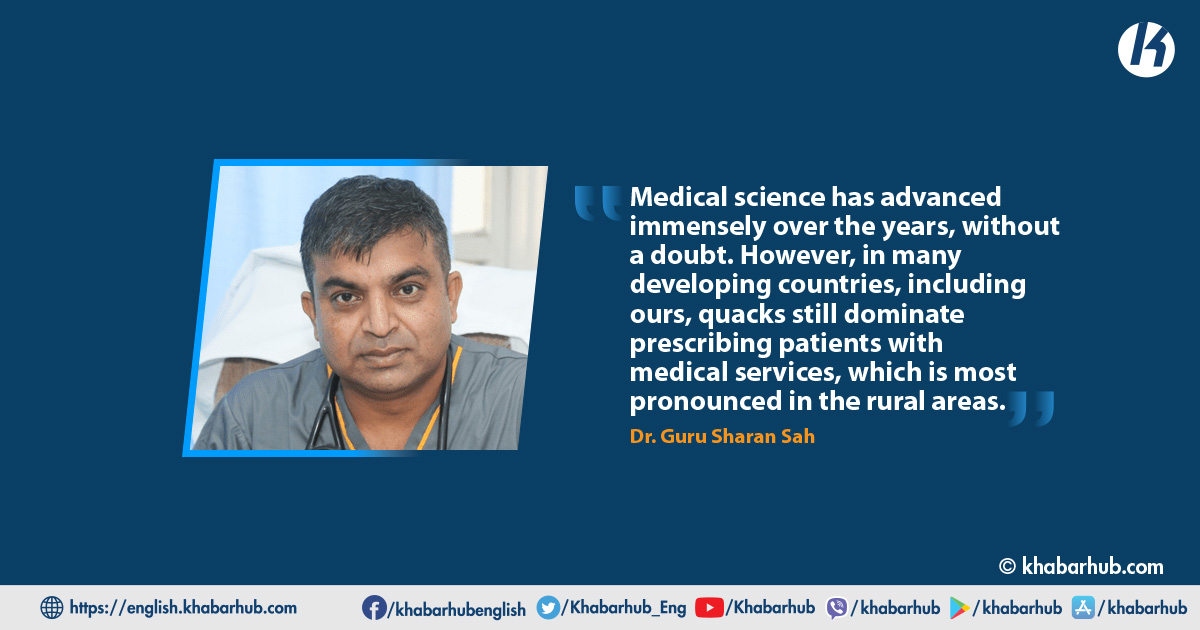
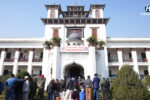
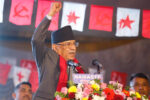
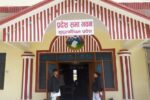
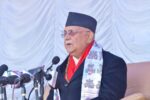
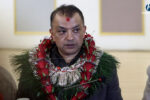

Comment